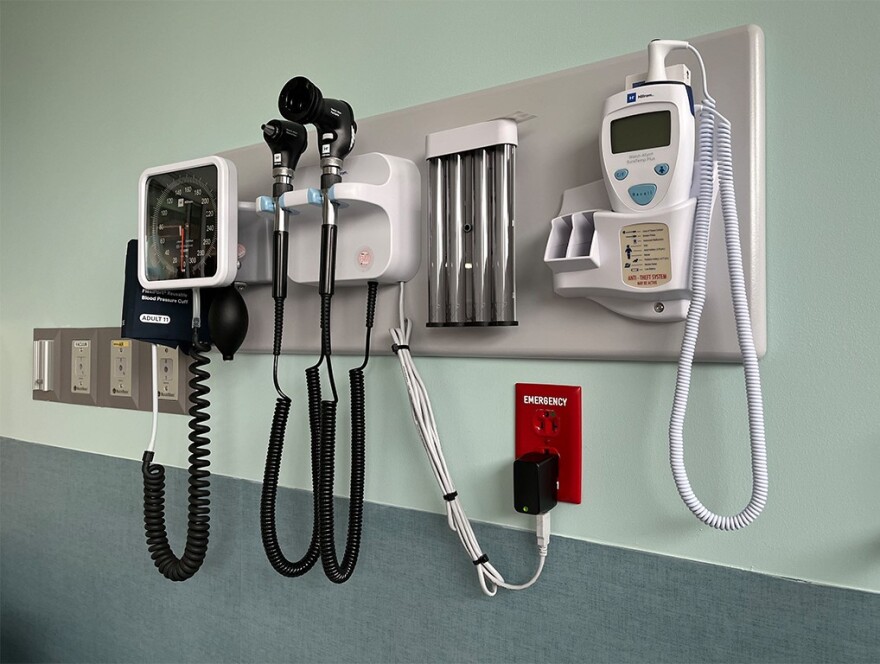A new law will make it easier for people who speak English as a second language to become licensed nursing assistants in New Hampshire.
This comes as a shortage of LNAs is taxing the state’s health care system. In April, one in five LNA positions at hospitals were vacant, according to a survey by the New Hampshire Hospital Association.
Under the new law — which was signed by Gov. Chris Sununu this month and takes effect in September — LNAs will still need to know enough English for the job before becoming licensed. But they’ll no longer have to prove their reading and writing proficiency by taking a written test or completing nearly all their training in English.
Licensed nursing assistants provide personal care, like helping patients with bathing, dressing and eating, and basic medical services like taking vitals. Often employed by hospitals, nursing homes or home health agencies, the jobs can be stepping stones to other positions in health care.
Kerri Dutton, who runs LNA Health Careers, a nursing school in Manchester, was among those who pressed for the new law. She said there’s a growing need for health care workers who speak languages other than English — including Spanish, French and Swahili — as New Hampshire’s population diversifies.
But many New Americans hoping to become LNAs are deterred by the current requirements, she said. Candidates sometimes have to spend months taking English classes before they can start training as LNAs. Many of them lose interest or find another job in the meantime.
Dutton said the new law will allow programs like hers to get those people in the door, start training them as LNAs and, if needed, help them improve their English along the way. She’s now looking to hire bilingual instructors who speak languages like Spanish, French, Swahili and Arabic.
“It shows that New Hampshire is welcoming diversity, and that we're looking at new ways to bring people into health care,” she said.
Rep. Jaci Grote, a Democrat from Rye, was the bill’s lead sponsor. She hopes it will reduce barriers for people who speak English as a second language and want to enter the health care field.
The issue is personal to her. Her family, native French speakers, moved to the U.S. from Montreal. Her mother, who had a nursing degree, spoke English — but didn’t think her English was good enough to get a nursing job in the States. She resumed her career only after getting an additional nursing degree at Boston University, Grote said.
“It's a psychological hurdle, really, that people who don't speak or don't have English as their first language feel that they can't apply or they won't be accepted,” she said.








